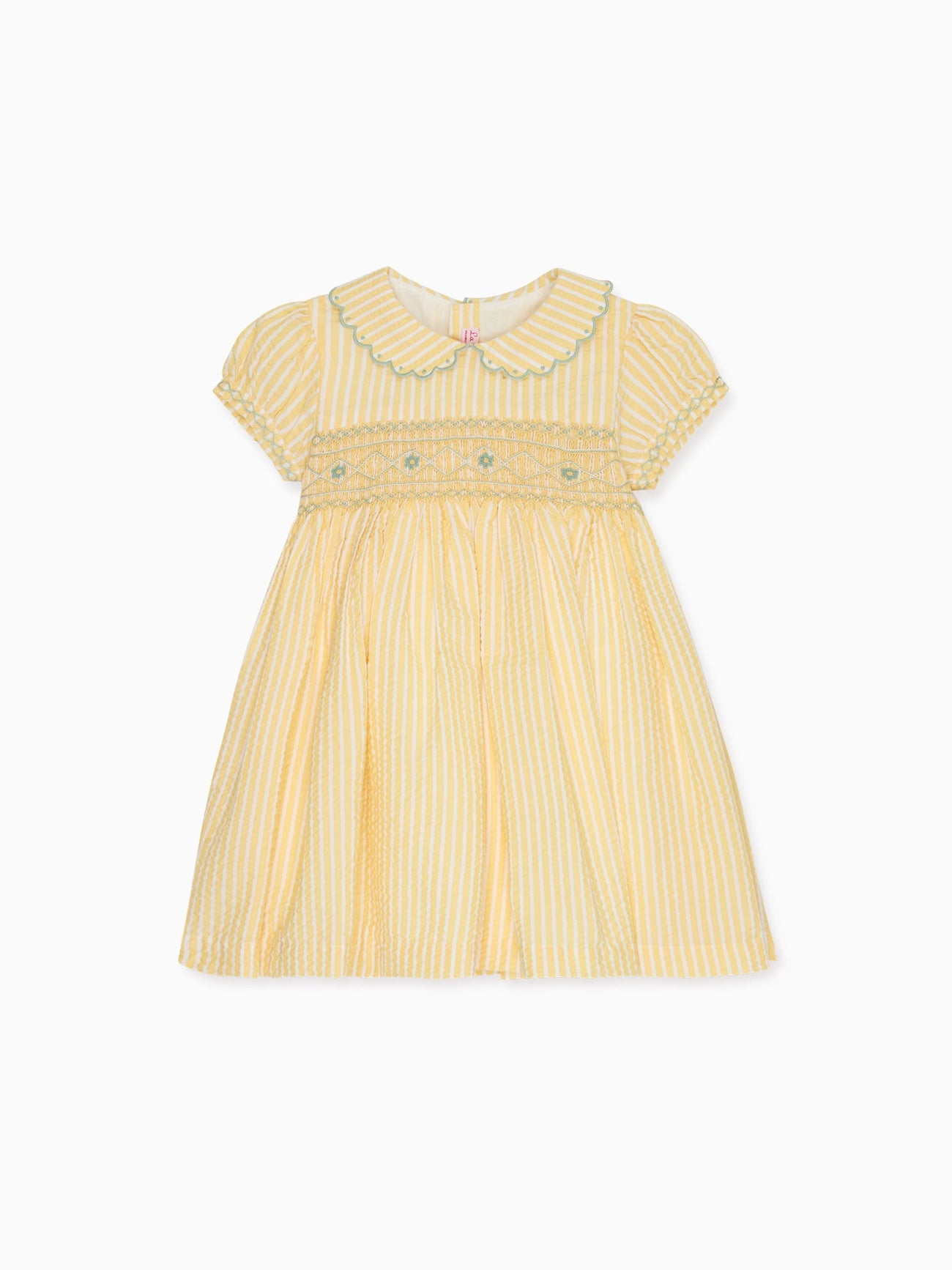

Fast Delivery Worldwide
Introducing La Coqueta’s Spring Summer’ 25 Collection - a celebration of the magic of childhood; the long-awaited arrival of spring; picnic parties, Easter egg hunts and great summer adventures.
A collection rooted in its heritage: traditional yet timeless designs and...


Model view
























.jpg?v=1744636346723&options=w_180)
.jpg?v=1744636374065&options=w_180)










Introducing La Coqueta’s Spring Summer’ 25 Collection - a celebration of the magic of childhood; the long-awaited arrival of spring; picnic parties, Easter egg hunts and great summer adventures.
A collection rooted in its heritage: traditional yet timeless designs and silhouettes with La Coqueta’s contemporary flare, crafted in the most beautiful fabrics and prints. From soft hues of Provençal pink, cornflower blue and buttercup yellow to vibrant burgundy contrasted with bold florals – be transported to spring days and long warm summer evenings his season. Spring’s arrival and the prelude to warmer months is celebrated through delicate florals printed on pleated cotton, sailor style dresses and traditional stripes, drawing inspiration from quintessentially English gardens and enchanted picnics.
Tag and follow @lacoquetakids to be featured

Fast Delivery Worldwide

Plant For The Planet Ambassador

Dedicated Customer Service

Excellent Score on TrustPilot
You're £150 away from free shipping!
Gifting Options
Your bag is currently empty.